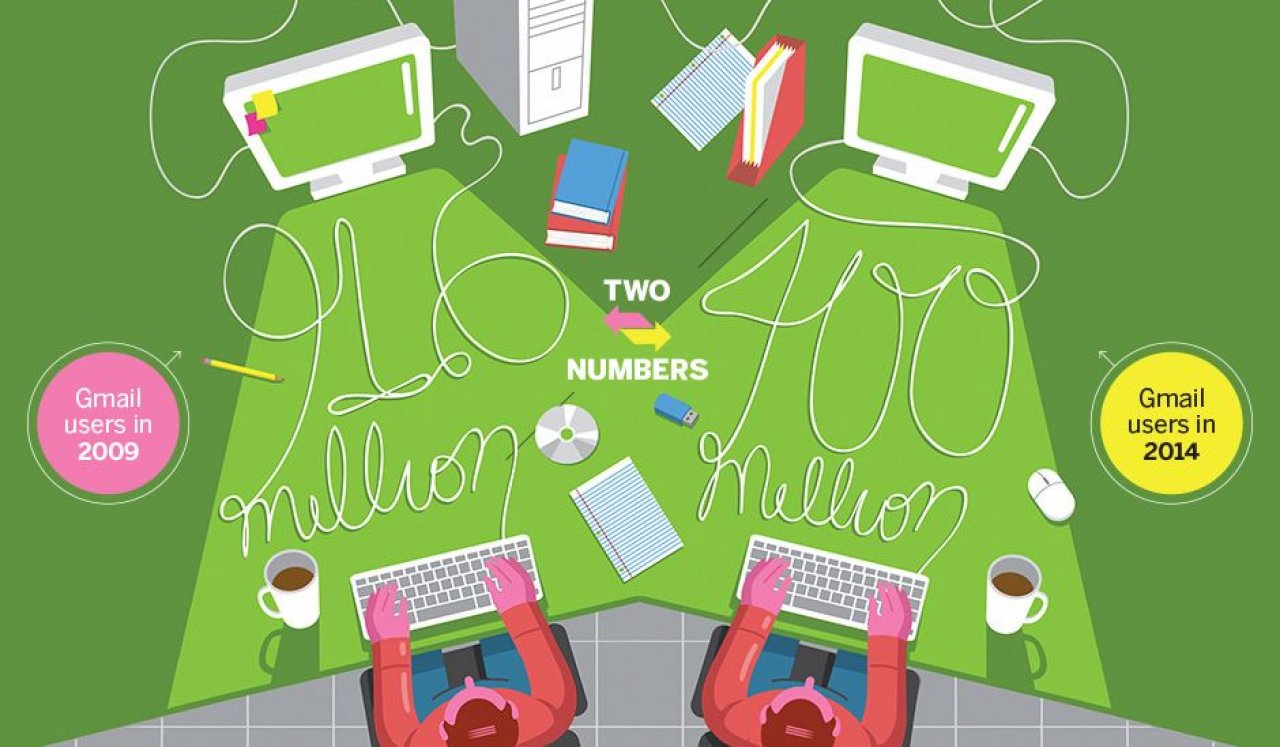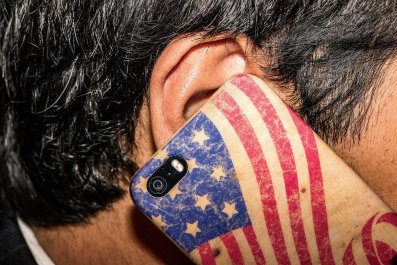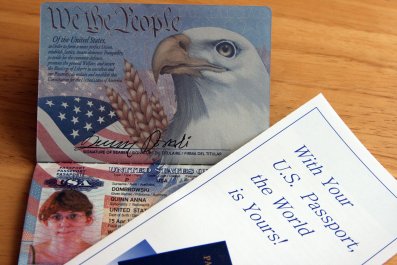Earlier this month, Google launched a new encryption tool for Gmail, its free email service. For those worried about privacy, Google says this change helps ensure Gmail can't be read by anyone other than the intended recipient. Sounds like a win for privacy advocates, right? But there's a catch. In order for the encryption to work, both the sender and the receiver have to use it, and getting more users onto Gmail would be another step in Google's long, steady march toward world dominance of email.
Feature Stories is a part of a partnership between Newsweek and 92Y, New York's world-class cultural and community center dedicated to spreading new ideas and inspiring conversations about today's biggest issues. More 92Y American Conversation videos can be found here.
Launched 10 years ago, Gmail first became available to everyone in 2007, and the number of Gmail users has exploded recently. It now leads all email providers, including Microsoft, Yahoo and AOL.
According to comScore, a company that reports on Internet use, the number of global Gmail users 15 years and older has grown more than fourfold since 2009, from 91.6 million to around 400 million today. (For comparison, Google latest, but unofficial, numbers were 425 million Gmail users in 2012.)
Consumers dominate the email account market. Research company Radicati has estimated the total number of accounts worldwide to be almost 4 billion. Out of that, business accounts for just 25 percent. Radicati projects that consumer email accounts will grow rapidly in the near term due to the growth in online shopping; typically, an email address is required for any kind of e-commerce.
Consumer email makes money for providers through advertising. Providers can study email content to pitch the most relevant advertising to email users. In an April update to its Gmail terms of use, Google acknowledged that it reads Gmails in order to provide customized advertising to its email users. When Google reads your email, it garners personal information about your finances, health, relationships, preferences and tastes that can be used to sell you products. And all that's worth billions.
Like almost everything on the Internet, there's good and bad in Google's recent change. For Gmail users, their messages may be a little safer from prying eyes. But will they be safe from Google?





























